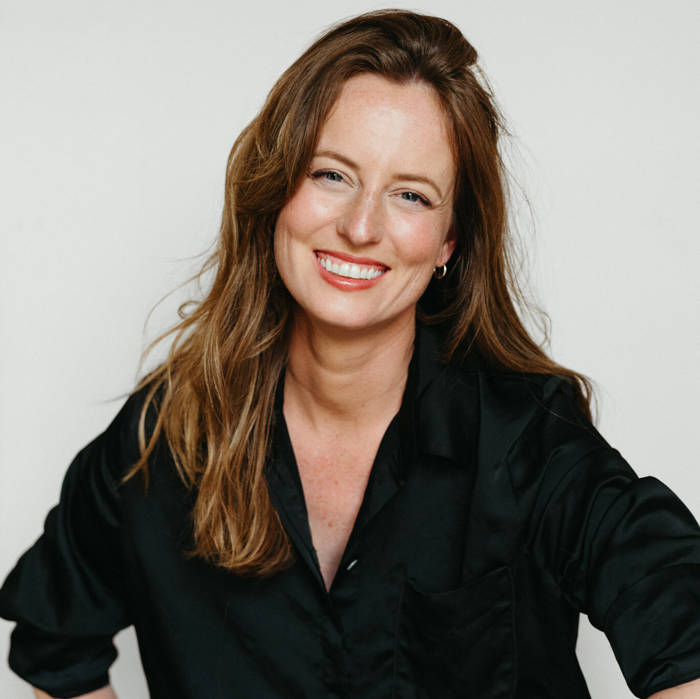Jazz Vocals – The Key Elements
Tuesday 19th March 2024, 12:00 PM - 2:00 PM (London Time)
Over this short course, we will discuss the key qualities that a singing student needs if they wish to delve deeper into singing jazz/improvised music. Although there are many things that go into becoming a jazz singer, the three things we will talk about first are:
1. Sense of time – does the singer feel swing time? Do they understand the importance of 2 and 4 in the bar? Do they embrace the idea of having complete artistic control over their phrasing – are they taking enough risks with time? How do we study phrasing when we are supposed to be ‘in the moment’ with jazz? Claire will demonstrate early and late phrasing and also discuss the more ‘speech quality’ singing that is used a lot by jazz singers. How to be more conversational with the lyric is also something we will explore.
2. Sense of harmony – does the singer understand basic harmony? Do they have any ear for intervals, chord types (jazz often adds sevenths or flat 5ths) and some understanding of a piano keyboard? For a singer to be able to make note substitutions they need to trust what will fit the chord and harmony. We will look at good ways of adding 9ths and flat 5ths into a warm-up scale to start ‘hearing’ these notes.
3. Vocal tone and placement – jazz suits chest voice or ‘thick folds’. Head voice is usually only used for colour or when scat singing. We will discuss vocal range, tone colours, what works best to serve the lyric, how to help a student get more tone from lower larynx position and how to find the right keys for standard repertoire. We can also touch on accent, and how one can create a believable and authentic ‘mid-Atlantic’ singing accent (if British) but also sound like themselves.
We will also expand on the importance of listening to the great singers of this genre, and Claire will give out her 'top 10 singers to study' list during this course!
Claire Martin OBE
Claire Martin OBE has established herself as a tour de force on the UK jazz scene, gaining many awards including winning the British Jazz Awards eight times during her career which spans over three decades. In 2018, she was the proud recipient of the BASCA Gold Badge Award for her contribution to jazz.

Attend this course for as little as £22 as part of the Voice Professional Training CPD Award Scheme.
Learn MoreSorry, this is an archived short course...
We have plenty of upcoming short courses coming soon. See details of some of them below or look at the full list of short courses.

Tuesday 22nd July 2025
5:00 PM - 7:00 PM
Tuesday 29th July 2025
5:00 PM - 7:00 PM
Tuesday 5th August 2025
5:00 PM - 7:00 PM
Tuesday 12th August 2025
5:00 PM - 7:00 PM
Tuesday 19th August 2025
5:00 PM - 7:00 PM
Tuesday 26th August 2025
5:00 PM - 7:00 PM
(London Time)
Certificated Public Speaking Coach qualification - with John Henny

John Henny
Would you like to be a certified public speaking coach? Join the renowned John Henny for this exciting new online course! This six-week online certification course is designed to equip voice teachers with the specialised skills needed to work with public speakers, corporate trainers, educators, and presenters. Unlike a general public speaking course, this program is specifically tailored to train-the-trainer, giving voice professionals structured methodologies, coaching techniques, and applied skills to enhance vocal delivery, confidence, and influence in professional speakers.

Thursday 24th July 2025
5:00 PM - 6:00 PM
(London Time)
Transitioning From Soprano To Mezzo-Soprano - Pedagogical Approaches!

Dr Caitlin Moore
This workshop will explore the considerations for transitioning from soprano to mezzo-soprano. We will examine the history and vocal science related to voice classification as well as interviews with singers and voice teachers. Interviews feature singers who have experienced this Fach change themselves, as well as voice teachers who have helped singers navigate this shift.


Tuesday 29th July 2025
5:00 PM - 7:00 PM
(London Time)
Towards a Jazz Pedagogy: Lessons from Legends and Educators!

Dr Autumn Griffin
Join Dr Autumn Griffin as she explores the foundational tenets of jazz pedagogy as both a conceptual and practical framework for teaching, in this two-hour workshop. Drawing from her research in “Towards a Jazz Pedagogy: Learning with and from Jazz Greats and Great Educators,” she’ll investigate how jazz (its historical and cultural legacy, structure, improvisation, and relationality) can be mobilized to inform dynamic, liberatory educational practice!
